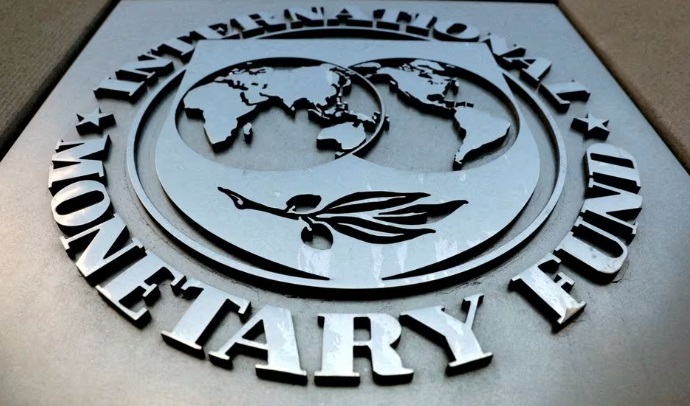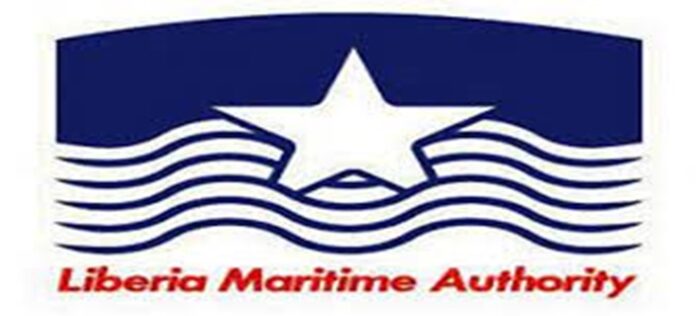WASHINGTON, DC – The International Monetary Fund (IMF) Executive Board has approved a 40-month arrangement under the Extended Credit Facility (ECF) for Liberia, totaling SDR155 million (approximately US$210 million). This decision aims to support Liberia’s efforts to address its widening macroeconomic imbalances, setting the stage for sustainable, private-sector-led growth beyond its traditional reliance on natural resources.
With this approval, Liberia will receive an immediate disbursement of SDR4.3 million (around US$5.8 million), helping the country meet its pressing balance of payments needs. Liberia’s economic challenges have deepened in recent years, exacerbated by fiscal slippages that have compromised public debt sustainability and depleted international reserves.
The Liberian government’s economic program, backed by the ECF arrangement, outlines a comprehensive strategy to enhance fiscal sustainability and foster stronger, more equitable growth. The plan includes a series of bold reforms aimed at rationalizing unproductive spending, mobilizing domestic revenue, and addressing the structural weaknesses in Liberia’s financial system. A key component of this strategy is the introduction of a Value Added Tax (VAT) and a streamlining of generous tax expenditures, alongside measures to reduce the country’s growing debt vulnerabilities.
According to the IMF, Liberia’s reform agenda will also prioritize increased public spending in key areas such as education, healthcare, and basic infrastructure, while safeguarding social programs. These reforms are expected to mitigate the country’s debt risks and help stabilize its economy, ensuring the benefits of economic growth reach the most vulnerable populations.
“The new government, which assumed office in early 2024, is rightfully focusing on restoring fiscal credibility by cutting unproductive expenditures and redirecting resources towards public investments,” said Bo Li, Deputy Managing Director and Acting Chair of the IMF Executive Board. “Liberia’s authorities should also work to improve domestic revenue mobilization, particularly through the introduction of VAT and reductions in tax incentives.”
Improving financial sector stability is another key priority of the ECF program. The IMF stressed the urgent need for Liberia to adopt its new Banking and Financial Institutions Act, which will modernize the country’s bank supervision and resolution frameworks. The Central Bank of Liberia (CBL) is also expected to play a pivotal role in enhancing monetary policy and improving its governance to strengthen its independence and credibility.
In addition to fiscal and financial reforms, Liberia’s government remains committed to structural reforms aimed at improving governance and transparency. According to the IMF, these steps are vital for ensuring that Liberia’s economy can recover from its current crisis and move toward broad-based development.
As Liberia embarks on this ambitious reform agenda, sustained support from international donors and a strong commitment to program ownership will be critical to its success.







